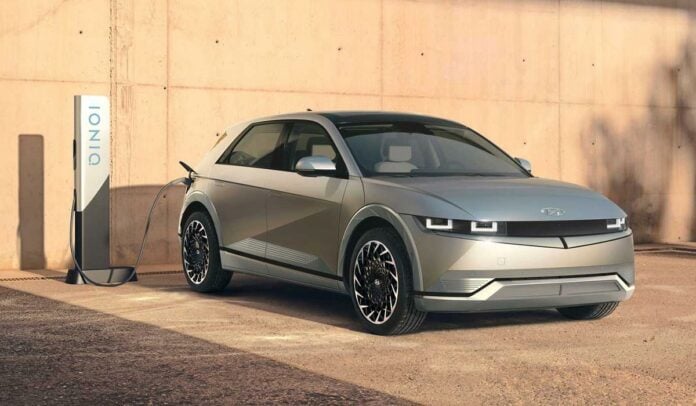Our automotive future is evolving with the proliferation of electronic vehicles and onboard tech. Cleaner fuels, superior efficiency and plenty of cool toys are just some of the perks, yet as is common in our industry, innovation is not without downsides.
We’ve already seen big-name manufacturers introduce subscriptions to unlock extra performance, and now we’re beginning to hear mumblings of software updates gone wrong.
Multiple reports of issues with the admittedly gorgeous Hyundai Ioniq 5 have surfaced online, with owners suggesting acceleration while using Eco mode has been reduced significantly following a recent software update.
According to Kevin Williams at Jalopnik, who has driven an affected vehicle, the car continues to function perfectly in Normal or Sport driving modes, but feels broken when set to Eco.
“I pressed the throttle to the floor and the car crawled forward, right as I started to cross the flow of oncoming traffic,” reports Williams. “When it finally did get moving, it would crawl from a stop to 15 mph; only above 20 mph did the Ioniq 5 have a semblance of safe and predictable power delivery.”
The bug was reportedly introduced as part of a dealer-installed software update in late 2022, and a Hyundai spokesperson has confirmed a fix is in the pipeline.
“Hyundai has completed validation of a Vehicle Control Unit (VCU) software update that addresses certain complaints of sluggish Eco mode driving performance following completion of service campaign T9Q,” said the company in an email to Jalopnik.” “Beginning February 27, 2023, Hyundai dealers will be able to perform this VCU software update on affected 22MY Ioniq 5 AWD vehicles with an Eco mode complaint.”
As expected, the Internet has been quick to put performance to the test. Comparing Eco mode before and after the update, YouTuber Wrenching Fool found the average 0-40mph acceleration time to be reduced by almost 40 per cent, from 7.2 seconds to 4.5 seconds. I wouldn’t go as far as to call that dangerously slow, mind; my little Honda takes the best part of a week to get to 40mph in our hilly neighborhood, and I’ve survived thus far.
It is unclear whether or not Hyundai’s faulty patch was also rolled out via the firm’s OTA (over the air) delivery system, but it does raise some interesting questions. Is there enough regulation to ensure automotive software updates are tested exhaustively, and when issues do arise, should there be a mandatory option to rollback?
We suspect software bugs will be a common occurrence as our cars make the inevitable shift from product to service, though such frustrations are doing little to hamper demand. Earlier this week, the Hyundai website crashed as eager EV enthusiasts rushed to buy following the latest drop of new stock.


